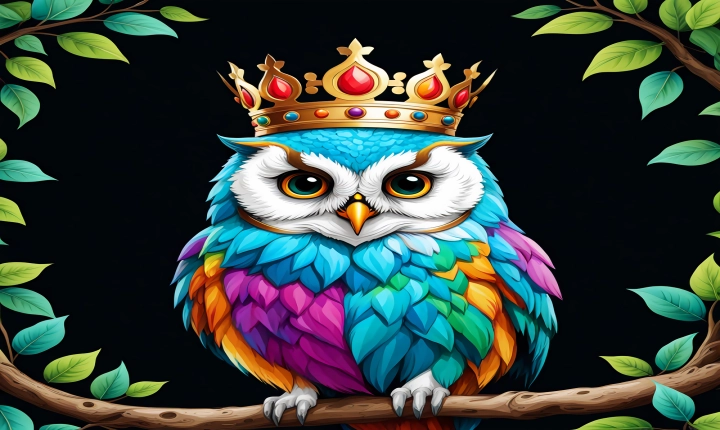The music industry has been at the forefront of technological innovation, constantly pushing the boundaries of what is possible. In recent years, one of the most groundbreaking developments has been the use of artificial intelligence (AI) to create pop songs. With the advent of advanced machine learning algorithms and sophisticated music generation programs, AI has been able to create music that rivals the work of human artists.
One of the most notable examples of AI-generated pop music is the song “Break Free” by Taryn Southern. Released in 2018, the song was entirely composed and produced using AI algorithms. Taryn Southern collaborated with Amper, an AI music company, to create the track. The result was a catchy, upbeat pop song that demonstrated the potential of AI in the music industry.
More recently, OpenAI’s DALL·E, a neural network that generates images from textual descriptions, has been used to create unique artwork for music albums. This type of technology could potentially be used to create visual accompaniments for AI-generated pop songs, offering a complete multimedia experience for listeners.
The use of AI in pop music creation has raised questions about the future of creativity and the role of artists in the music industry. While some argue that AI-generated music lacks the soul and emotion that human musicians bring to their work, others see it as a powerful tool for innovation and experimentation.
Proponents of AI-generated pop music point to the ability of machine learning algorithms to analyze vast amounts of musical data and generate new and unique compositions. This can lead to the creation of songs that push the boundaries of traditional pop music, introducing novel melodies, rhythms, and harmonies that may not have been conceived by human composers.
Additionally, AI-generated pop music has the potential to democratize music production, allowing individuals with limited musical training or resources to create high-quality, professional-sounding songs. This could open up new opportunities for aspiring musicians and producers, as well as contribute to the diversity and creativity of the music industry.
However, critics argue that AI-generated pop music could lead to a homogenization of musical styles, as algorithms may prioritize popular trends and formulas over genuine creativity and expression. They also express concern about the potential for job displacement in the music industry, as the role of human composers and producers could be diminished by the widespread adoption of AI-generated music.
Despite these concerns, AI-generated pop music has already made a significant impact on the music industry and continues to evolve rapidly. As technology advances and AI algorithms become more sophisticated, it is likely that we will see even more innovative and compelling pop songs created by artificial intelligence.
Ultimately, the integration of AI into pop music creation raises important questions about the intersection of technology and creativity. While there are legitimate concerns about the potential drawbacks of AI-generated music, there is also considerable excitement about the possibilities for innovation and exploration that this technology offers. As the music industry continues to embrace AI, it will be fascinating to see how this new frontier of pop music evolves and shapes the future of music.
